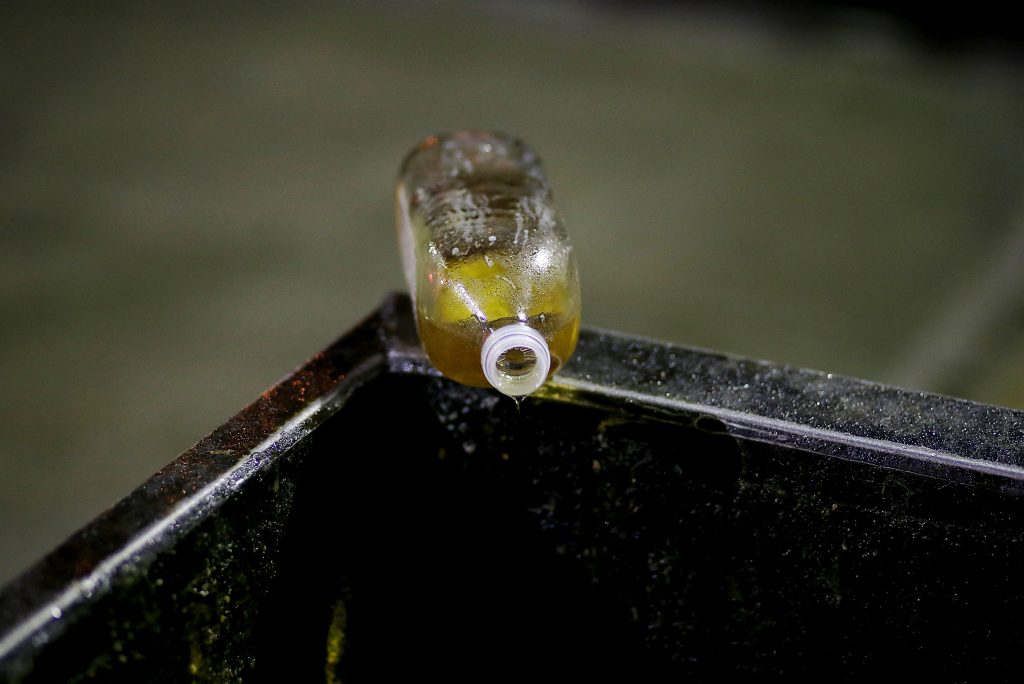
- ARAB NEWS
- 02 Jul 2025

TOKYO: Amid growing global efforts to reduce carbon dioxide emissions from aircraft, Japanese companies are expected to start work in earnest this year to produce low-carbon aviation fuel from used cooking oil, such as from tempura.
Major overseas renewable fuel producers are already moving to procure high-quality Japanese used cooking oil massively, however, leading to a surge in trading prices.
As travel by air emits more CO2 than that by rail and other modes of transport, using planes has come under criticism from the “flight shame” movement mainly in Europe and the United States.
In autumn last year, the International Civil Aviation Organization set a target of reducing CO2 emissions from international aviation to net zero by 2050. For that goal, sustainable aviation fuel, or SAF, made of waste cooking oil, is believed to be a “trump card.”
The Japanese government aims to replace 10 percent of aviation fuel used by domestic airlines with SAF by 2030. As Japan currently depends on several European and U.S. SAF suppliers, an official at a major Japanese airline said, “Making SAF domestically is essential for sustainable procurement.”
Against this background, Japanese engineering group JGC Holdings Corp. is planning to construct a SAF plant in the city of Sakai, Osaka Prefecture, western Japan, with two domestic companies–Cosmo Oil Co. and major biofuel maker Revo International Inc.
The plant is expected to start operations as early as fiscal 2024, supplying 30,000 tons of SAF annually.
JGC and its partners are slated to start receiving used cooking oil in March 2023 from restaurants at commercial facilities operated by Mitsubishi Estate Co.
They have already begun procuring waste cooking oil from Kansai Airports, which operates Kansai International Airport in Osaka and other airports in the Kansai western Japan region.
The JGC-led team will also consider collecting used cooking oil from households in cooperation with the Sakai city government.
“We want to spread the moves by getting many companies and people interested (in the SAF project),” a JGC official said.
At present, however, overseas companies are ahead in procuring used cooking oil from Japan.
According to a related organization, exports of used cooking oil from Japanese industries in fiscal 2021 totaled 120,000 tons, or 30 pct of the total, doubling from 60,000 tons in fiscal 2017.
Export prices also shot up, coming to around 190 yen per kilogram as of November 2022, up from about 80 yen two years before.
Finnish renewable fuel producer Neste, believed to be a major buyer of Japanese waste oil, plans to increase its annual SAF production to 1.5 million tons by the end of 2023 from 100,000 tons at present.
While overseas energy companies are stepping up their efforts to procure waste oil for SAF production, the Japanese government should provide support to domestic companies for promoting the utilization of waste cooking oil in the country, an industry official said.
As most waste cooking oil has been reused as a material for feedstuff, Japan needs a system to prevent a supply imbalance, sources familiar with the matter said.
JIJI Press